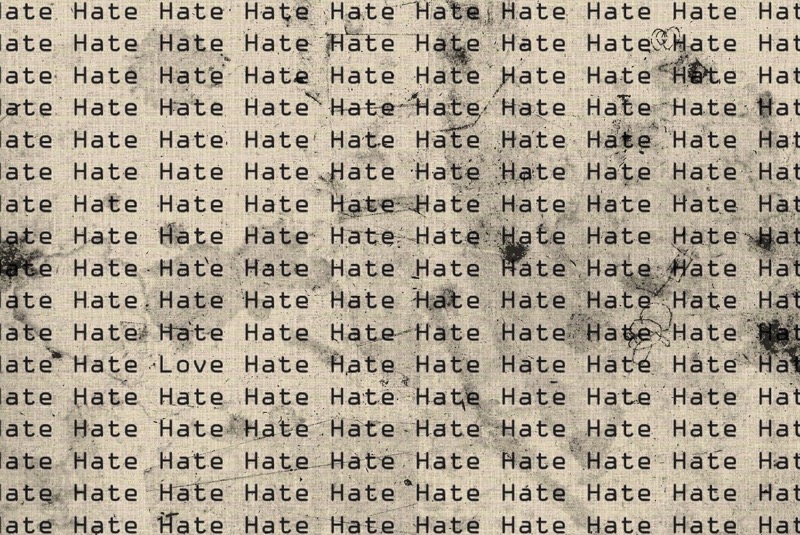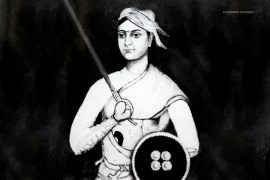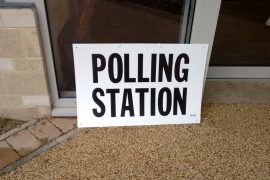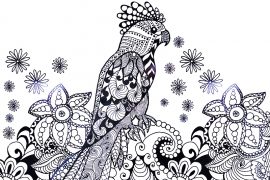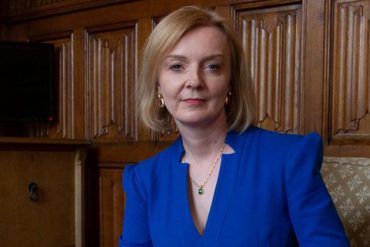Sticks and stones may break my bones, but words will never hurt me. But what if the words are inciting direct harm to you and your community? India’s complex socio-political history is defined by social hierarchies, religious tension, and widespread violence based on identity. Politicians in India have doubled down on these differences and used them to build support for themselves.
Since 1947, vote bank politics has been integral to Indian elections as political parties use various strategies to appeal to particular groups. Inflammatory speeches are a common aspect of election rallies. But, if India is a democracy and the freedom of expression is a fundamental right, is there even space for a concept like hate speech to exist?
Freedom of speech is indeed fundamental for any democracy. To elect a government of the people and by the people, it is crucial to let the people express their thoughts and ideas without fear of persecution. At the same time, the right of every individual to live a dignified life is also a crucial aspect of democracy.
The term “hate speech” is a misnomer. The problem does not lie with the speech but rather with its implications. This is why offensive or vitriolic comments do not constitute hate speech. An individual’s freedom of expression rightfully protects these types of speech. What is offensive and vitriolic to one may be poetry for another.
What is hate speech?
In a 2014 ruling, the Supreme Court of India provided the following definition of hate speech:
Hate speech is an effort to marginalise individuals based on their membership in a group. Using expression that exposes the group to hatred, hate speech seeks to delegitimise group members in the eyes of the majority, reducing their social standing and acceptance within society.”
The right to freedom of speech and expression is meant to safeguard democracy. Hate speech, on the other hand, erodes the democratic values of a nation by attempting to alienate its minorities. It is more than spewing vitriol at a particular community. It is essentially challenging their right to a dignified existence.
What is the punishment for hate speech?
Unfortunately, the Indian penal code does not provide a concrete provision for persecuting a case of hate speech. Section 153A penalises actions that disrupt harmony and promote enmity between different groups. Section 153B punishes words or actions that cause hatred towards a community or imply that they should be deprived of their rights as Indian citizens.
Law enforcement has to use a mix of these provisions and others to maintain social harmony. However, it is difficult to prosecute a crime which barely has a definition. What’s more, persecution on the grounds mentioned above can be combatted by evoking an individual’s right to freedom of expression.
Why is India so conducive to hate speech?
Hate speech is not a new phenomenon in India. In fact, India is a hotbed for hate speech. Hindustan Times, India’s leading English-language newspaper, even compiled a video with the top 4 “nasty remarks” made during the 2014 election season. Things have only gotten worse since 2014. A primary reason for this is the political polarisation strategy used by the Bharatiya Janata Party.
India has a multi-party political system, so politicians often use identity-based appeals to mobilise their base. This can take the form of divisive rhetoric that targets particular groups and portrays them as a threat to the majority community. Under the BJP, Muslims have become the primary target of hate.
The rise of social media has increased the speed with which hate speech spreads. Platforms like Facebook, Twitter, and WhatsApp have made it possible for a speech made in Bihar to reach all the way to Karnataka in a few seconds. They have also made it possible for things which were not even said to make headlines in a matter of hours. Social media is a loosely regulated platform. Hate speech is a loosely monitored offence. When combined, the two make a stunning cocktail of unaccountability.
The Overton window has shifted
The Overton window is a concept which theorises “how ideas in society change over time and influence politics.” Anything that lies within the Overton window makes for acceptable discourse within a society. All that lies outside is considered too radical. Depending on a variety of socio-political factors, this window can shift. In India, hate speech has played a huge role in shifting the Overton window.
The twenty-first century opened with the “unity in diversity” ideal of India intact. Despite the excesses of the partition, the 1984 Sikh genocide, and the demolition of the Babri Masjid, politicians had stuck to the plurality narrative. Under the leadership of Narendra Modi, the Bharatiya Janata Party has demoted Muslims to second-class citizens. Shivam Vij explains:
As the unthinkable gains traction, it becomes radical. As the radicals make noise, it becomes acceptable over time. Once the barrier of acceptability is crossed, the once-unthinkable idea comes to be seen as sensible.”
Hate speech against Muslims has played a huge role in the shifting attitudes of the majority. India has one of the largest Muslim populations in the world. Muslims are also India’s largest minority group. Hence, villainising a group as large as this is likely going to affect India’s democratic nature.
With the Overton window shifting, however, common discourse suggests that Indian Muslims should be grateful to be citizens in the first place. Any discussion on their fundamental right to dignity is a far cry.
-30-
Copyright©Madras Courier, All Rights Reserved. You may share using our article tools. Please don't cut articles from madrascourier.com and redistribute by email, post to the web, mobile phone or social media.Please send in your feed back and comments to [email protected]

